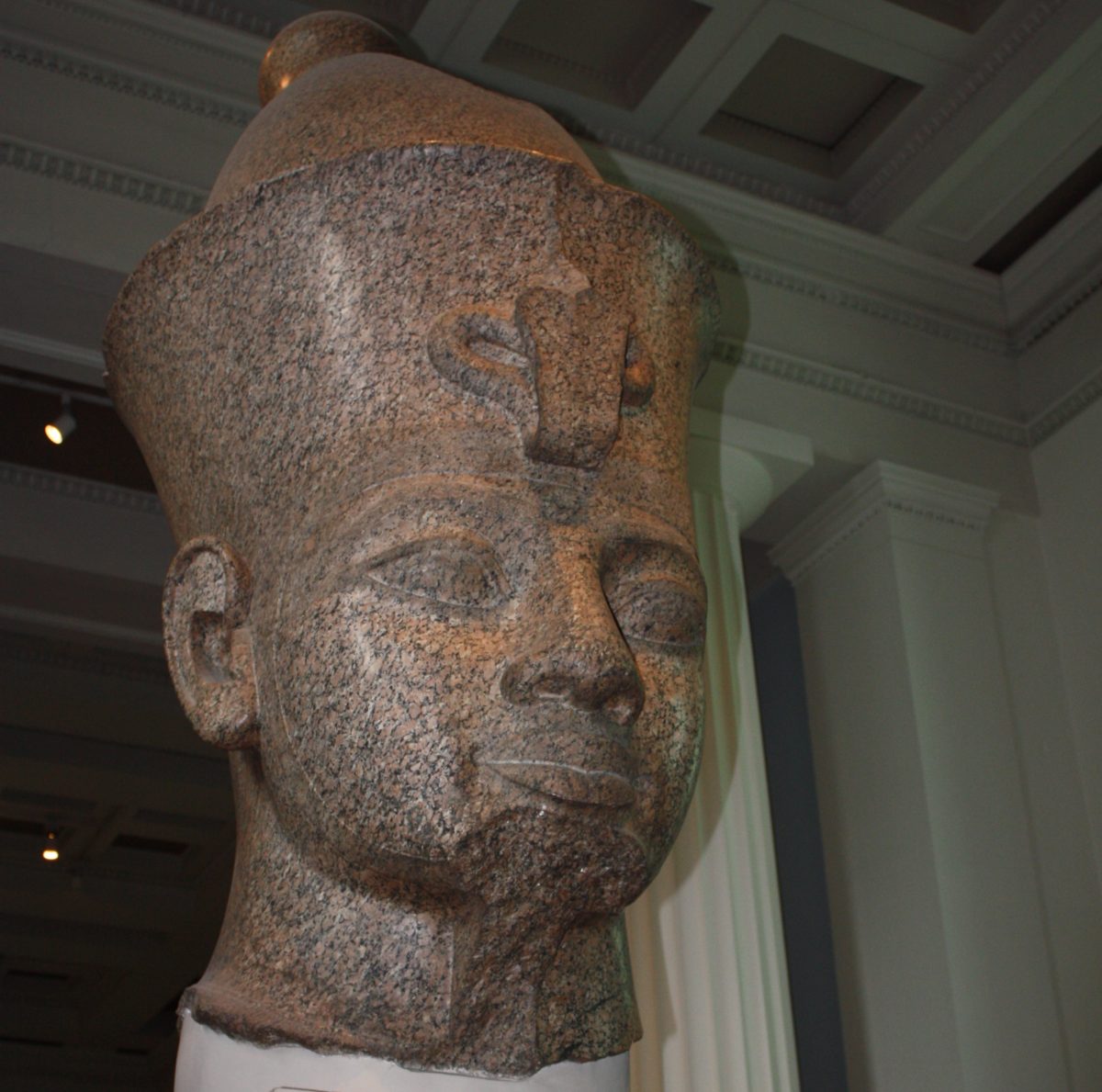The British Museum
As some readers will know, I was invited to present a talk at the British Museum for Black History Month in October of last year. This was the third lecture that I have given at the museum on African-centred approaches to Egyptology. All have been extremely well attended by enthusiastic audiences. Having spent some time talking to members of the audience at the last lecture I decided that it might be helpful to contact the British Museum to relay some of their thoughts and my own personal experiences of curating Kemet. I sent the following letter* on 12 November to the relevant department and have not yet received an acknowledgement.
The Letter
As you may know, I presented a talk at the British Museum on 24 October on African-centred approaches to Egyptology. The talk was well-attended with quite a number of community members present. Such was their interest, that I spent over an hour talking to people after the lecture; this was also the case after the other two talks that I gave on African-centred perspectives…I felt that in your capacity of Keeper, you would want to know how people responded. A number of people then, and subsequently, expressed a view that the British Museum was not really making any effort to present ancient Egypt as part of an African civilisation. The one room that references Africa in fact compounds this issue because it is associated with Nubia rather than the more northern region of Egypt.A number of people asked me why if in Cambridge, Liverpool and at the Petrie, Egypt was contextualised within Africa, this was not the case at the British Museum. Naturally I don’t have the answers to their questions regarding the British Museum’s policy, and in fact suggested that people should write to the museum directly. However, I do note that the educational material for schools does directly refer to ancient Egypt as an African culture and often direct people to this. I believe that some visitors would just appreciate this information in the galleries as well.In addition to relaying these responses I felt that I should also share one very simple change that I made at the Fitzwilliam Museum and which had a huge impact on our Black communities who visited the museum. It was simply putting up a panel that explained about African-centred interpretations and perspectives. A number of people wrote to thank the Department for doing this.Anyway, I wanted to write to you directly to relay this information. It seems such a pity when the Departments of Ancient Egypt and Sudan and Africa Oceania and the Americas supported both of the African-centred exhibitions that I put on at the Fitzwilliam Museum with objects, that the British museum is obtaining a reputation for disengaging with this issue.
As of 27 January 2017 I am still waiting for a response…
* This is a slightly shorter edited version of the letter that was sent. Abbreviations that were used in the original have also been written in full.


Clearly they just needed a social media nudge……keep up the great work!!
It seems to me that they’re scared of even challenging the status quo if they’re not even responding to your letter. This seems very typical of the Egyptological establishment anywhere in the world. I have lost a LOT of patience with this form of cowardice myself.
I tweeted the link to this post and have had an instant response from the British Museum. They said that the Keeper of Ancient Egypt and Sudan will be following it up.
Thank you so much for your work Dr. Ashton, you are a true asset to academia.